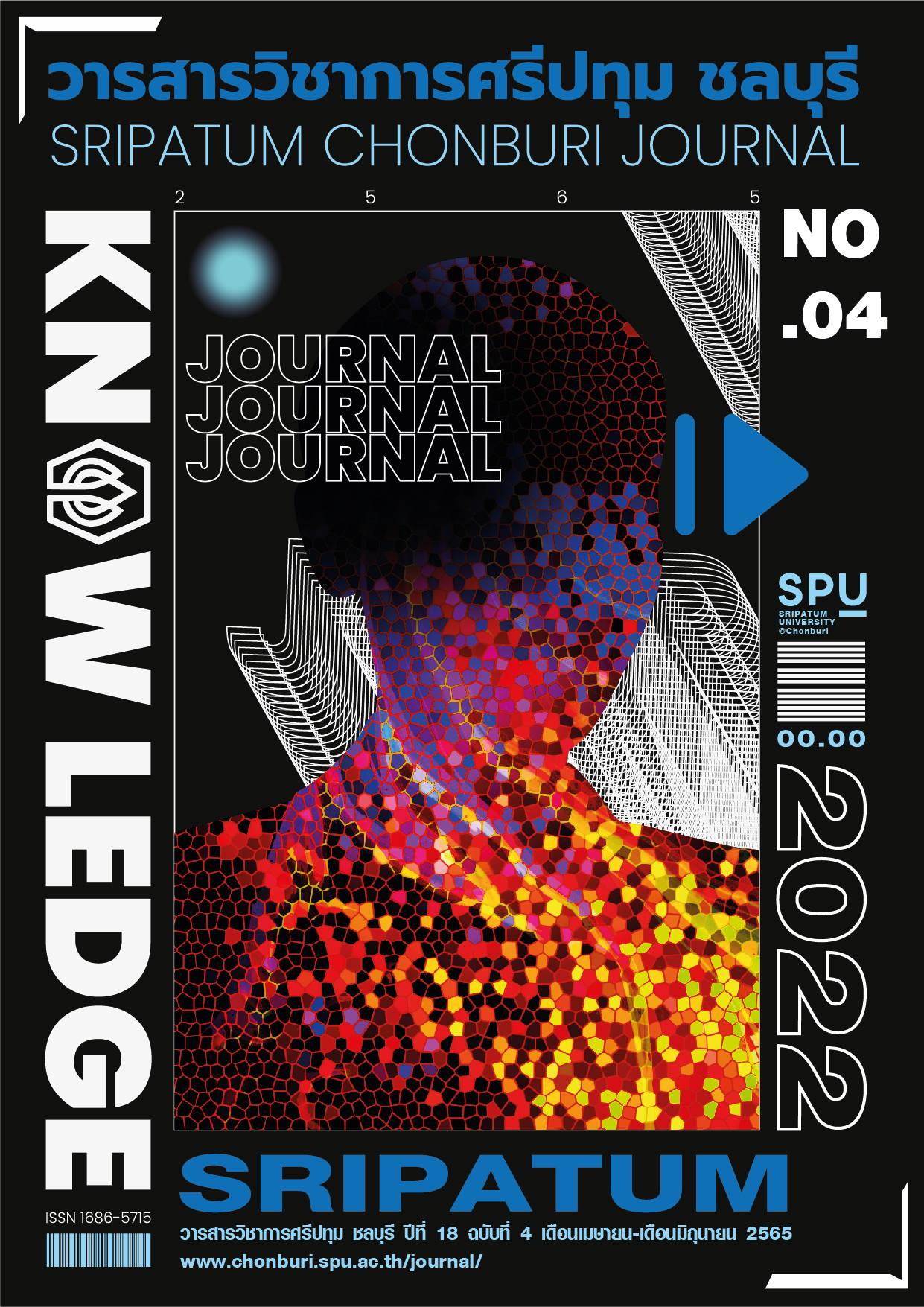INFLUENCE OF ENTREPRENEURSHIP ENVIRONMENT ON ENTREPRENEURSHIP INTENTION OF SPORTS POSTGRADUATES; A CASE STUDY OF GUANGDONG PROVINCE, CHINA
Keywords:
entrepreneurship environment, entrepreneurship self-efficacy, entrepreneurship intention, sports postgraduatesAbstract
This research aimed to study the relationship of entrepreneurship environment and entrepreneurship intention, the relationship of entrepreneurship environment and entrepreneurship self-efficacy, the relationship of entrepreneurship self-efficacy and entrepreneurship intention, and to explore the role of entrepreneurship self-efficacy between entrepreneurship environment and entrepreneurship intention. This quantitative research used a questionnaire as a tool, which was checked by IOC. The research samples were 400 sports postgraduates from 9 universities in Guangdong province. Hierarchy regression was used to calculate the results.
The main research conclusions were as follows: 1) Entrepreneurship environment had a significant impact on entrepreneurship intention, 2) Entrepreneurship environment had a significant impact on entrepreneurship self-efficacy, 3) Entrepreneurship self-efficacy had a significant impact on entrepreneurship intention, and 4) Entrepreneurship self-efficacy had a mediator effect between entrepreneurship environment and entrepreneurship intention.
References
Ai, Juan, & Zhou, Haiyan. (2016). The relationship between achievement motivation and entrepreneurship intention: the mediator role of
self-efficacy. Innovation and Entrepreneurship Education, 7(1), pp. 78-80.
Bagozzi, Richard P., & Kimmel, Susan K. (2002). A comparison of leading theories for the prediction of goal-directed behaviors. Journal of
British School Psychology, 34(6), pp. 437-461.
Bosma, N., & Hardlng, R. (2007). Global entrepreneurship monitor GEM. London Business School, 5(8), pp. 15-20.
Chi, Renyong. (2002). Comparative study on the entrepreneurship environment of the United States and Japan. Foreign Economics and
Management, 24(9), pp. 13-19.
Guerrero, M., Rialp, J., & Urbano, D. (2008). The impact of desirability and feasibility on entrepreneurship intentions: A structural equation
model. Intentional Entrepreneurship & Management Journal, 4(1), pp. 35-50.
Huang, Yin. (2018). Research on the antecedent of graduate entrepreneurship study and its influence on entrepreneurship intention.
University of Science and Technology of China, 10(8), pp. 15-20.
Jin, Dan, & Qu, Huan. (2016). Research on the relationship between entrepreneurship self-efficacy and entrepreneurship intention of
university students-based on the analysis of undergraduate survey data. Journal of Yang Zhou University, 20(01), pp. 76-80.
Kickul, Jill, & D’Intino, Robert S. (2005). Measure for measure: modeling entrepreneurship self-efficacy onto instrumental tasks within the new
venture creation process. New England Journal of Entrepreneurship, 8(2), pp.6-10.
Li, Hongbo, & Zhang, Xu. (2014). The relationship between network embedded and university students’ entrepreneurship intention: Based
on the mediator role of entrepreneurship self-efficacy. Journal of Jiangsu University, 16(03), pp.76-83.
Zampetakis, Leonidas A, et al. (2011). Creativity and entrepreneurship intention in young people: Empirical insights from business school
students. International Journal of Entrepreneurship and Innovation, 12(3), pp.189-199.
Downloads
Published
Issue
Section
License

This work is licensed under a Creative Commons Attribution-NonCommercial-NoDerivatives 4.0 International License.
บทความทุกบทความเป็นลิขสิทธิ์ของวารสารวิชาการศรีปทุม ชลบุรี



